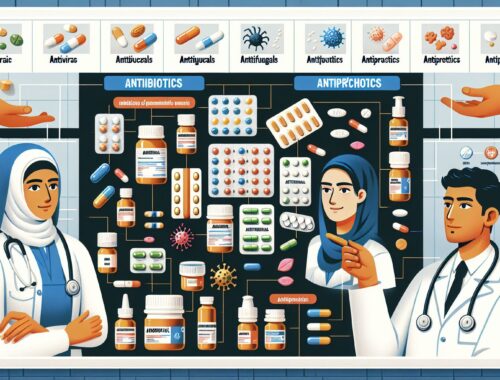Digital Health Solutions for Chronic Respiratory Conditions
Chronic respiratory conditions are a major health concern for many people around the world. Symptoms may include wheezing, coughing, difficulty breathing, and a decrease in airflow. In some cases, the symptoms can be managed with medications or lifestyle changes. In more severe cases, more intensive treatments such as oxygen therapy and even surgery may be necessary.
In recent years, advances in digital health technology have enabled people with chronic respiratory conditions to take a more proactive approach to managing their health and reducing symptoms. Through the use of digital health solutions, people can monitor their symptoms, track their treatments, and connect to their providers for guidance and support.
Remote Monitoring Devices
Remote respiratory monitors allow people with chronic respiratory conditions to track their symptoms from the comfort of their own home. These devices typically measure parameters such as heart rate, breathing rate, and oxygen levels. By monitoring these vital signs, users can better understand how their condition is affecting their health. The data gathered from these devices can be transferred to medical providers who can prescribe treatments or make adjustments to existing treatments if needed. This type of ongoing monitoring can significantly reduce the chances of an exacerbation of symptoms.
Smartphone Apps
Smartphone apps are becoming increasingly popular for tracking chronic respiratory conditions and managing treatments. Many apps are designed to help patients keep track of their medications, symptoms, and treatment plans. Others focus on managing conditions such as asthma or COPD. These apps can also provide reminders to help users stay on track with their treatments. Some apps can also provide alerts when symptoms worsen, allowing users to seek medical attention if needed.
Connected Inhalers
Connected inhalers are designed to allow users to monitor their inhaler use and track medication adherence. By connecting inhalers to smartphones or other wearables, users can receive helpful reminders and track their medication usage. With this data, users and physicians can identify patterns that can help optimize treatment plans. Connected inhalers can also notify users when they need to refill their prescriptions before they run out.
Virtual Care Platforms
Virtual care is becoming increasingly popular for people with chronic respiratory conditions. Virtual care platforms allow users to connect with their physicians through secure video and audio connections. This type of care gives patients the ability to consult with their doctor from the comfort of their own home, significantly reducing the need for in-person visits. Virtual care platforms can also provide access to care for rural or remote patients who may not have access to local health care providers.
Conclusion
Digital health solutions for chronic respiratory conditions are becoming increasingly popular as they provide users with the ability to better monitor their symptoms, track treatments, and connect with their medical providers for support and guidance. Remote monitoring devices, smartphone apps, connected inhalers, and virtual care platforms all offer unique benefits to people with chronic respiratory conditions and can help them manage their symptoms and treatments more effectively.
You May Also Like

Understanding Different Types of Medicines
January 1, 2024
Understanding the Different Types of Medicines
December 26, 2023